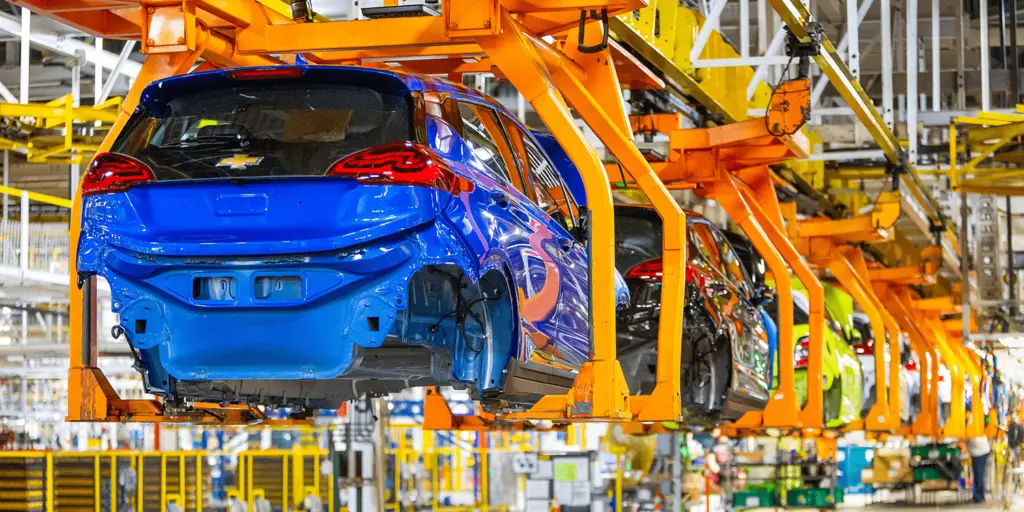Electric cars have become more popular in recent years. The International Energy Agency says that about 16.5 million electric cars are being used in the world as of 2021 accounting for 10% of total car sales globally. This triples the number of electric cars found on the roads in 2018.
Why rave about electric cars?
Well, this shouldn’t come as a surprise. With the growing concerns about global warming, car companies and individuals are seeking more sustainable transport mediums. Electric vehicles have become a perfect choice for those wanting to do their part for the environment.
Considered a greener option, electric vehicles are low-emission vehicles that use a rechargeable battery as their power source. These vehicles emit little or no carbon dioxide during use. In fact, some electric cars emit only water vapor which is a lot less harmful than the carbon dioxide that regular gas or diesel-powered vehicles emit.
… or not!
So, are electric cars really green?
Well, not every car is entirely green. A lot of factors come into play when considering whether they are a greener option. Let’s look at some of the indicators that determine how sustainable electric cars are.
1. Climate action

The whole point of shifting to sustainable transport mediums is to limit the emission of greenhouse gases. Electric cars tackles that just fine however, there are arguments that some electric cars have been found to have harmful emissions that can even be more harmful than conventional cars.
While this is a little bit of an exaggeration, some electric cars do have some carbon emissions compared to the zero footprints many believe it has. These emissions do not come from the car but from secondary sources. These secondary sources include electricity used in charging the vehicles or the processes involved during the manufacturing of these cars.
Since electric cars do not have exhaust, these secondary sources are responsible for the emissions attributed to them.
2. Affordable and clean energy
Increasing renewable energy sources globally by 2030 is one of the important goals of the SDG. Renewable energy sources such as wind and solar energy will drastically reduce the level of carbon emissions generated from burning coal and other fossil fuels.
While some countries such as Norway have made commendable progress in adopting renewable energy, some other countries still use fossil fuels as their major source of power generation.
When car manufacturing companies use manufacturing plant equipment powered by combustion engines and fossil fuels, it impacts the carbon footprint of these vehicles.
3. Responsible production
Let’s take a look at the raw materials used in the production of electric cars. Are they produced under good environmental conditions? controversies have surrounded the batteries that power most electric vehicles. lithium and cobalt batteries have fueled environmental debates.
Some of these debates state that cobalt batteries when mined can generate waste that pollutes water, air and land. Some of these wastes have become a concern to residents of places like Katang, a small area in the Democratic Republic of Congo where more than half of the world’s cobalt is mined.

Despite the controversies surrounding electric vehicles, they still release far less emissions and are generally more sustainable than their conventional counterparts. Of course, more improvements are required to ensure that the production of electrical vehicles has less impact on the environment.
In conclusion, electric vehicles are a great alternative to conventional vehicles. They are certainly a greener option for you whether you are buying one or just leasing.
Related posts:
- Harnessing the Power of the Sun: A Guide to Solar Installation - February 12, 2024
- Vacuum Trucks: The Unseen Heroes of Waste Management and Their Environmental Benefits, Featuring McDonald Farms - December 11, 2023
- Satellites And Climate Adaptation: Solutions From Space - December 1, 2023







2 thoughts on “Are Electric Cars Really Green?”